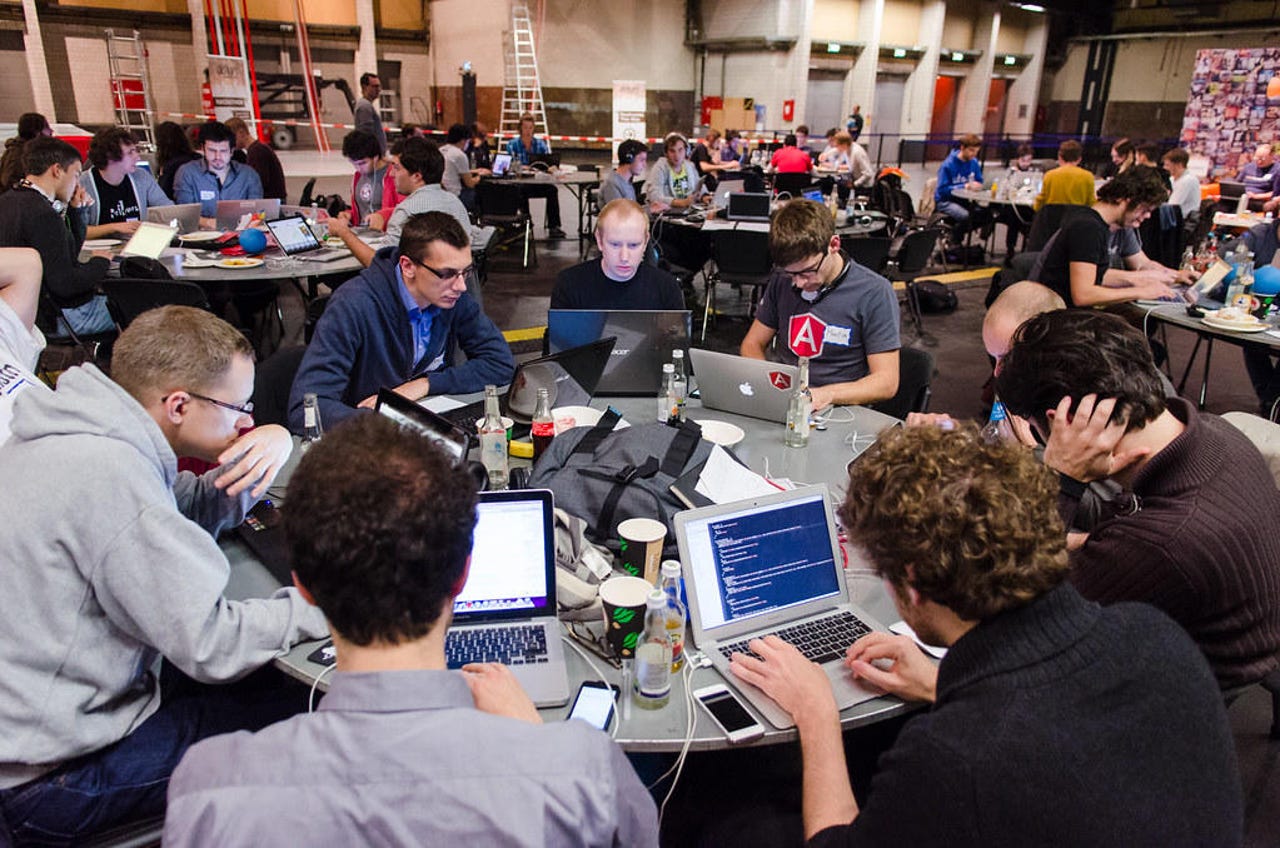Everything is virtual these days, even hackathons


Last year, the Guinness World Record for "Most Participants in a Hackathon" was broken in Russia, with 3,245 people gathering over 48 hours. Going forward, at least for now, hackathons that have had any kind of in-person component will have to look a lot different.
Hackathons pit developers against each other in themed challenges aimed at solving problems. They can be undertaken for fun, to unearth the next great business idea, or for social good. By tradition, they have been held in large gatherings full of hopeful developers, giving the events the feel of great sport. Like everything else, however, hackathons are now going entirely virtual, and so the need for virtual hackathon management software has risen for companies hosting innovation challenges or sourcing talent remotely.
Telos, a popular blockchain platform, is partnering with hackathon management platform TAIKAI to deploy transparent hackathon voting and token incentives on the blockchain. The big challenge with hackathons is accountability and fair evaluation, which are essential in any incentive-based situation. The Telos network will provide TAIKAI a simple, blockchain-based voting mechanism that enables competition evaluation that is fully transparent and auditable by any stakeholder. For both hackathon participants and evaluators, the Telos network will be used to reward stakeholders with token incentives that can be used within the so-called TAIKAI economy.
"TAIKAI gives us one more vital space where shareholders are seeing value in the Telos blockchain governance system," said Suvi Rinkinen, CEO of the Telos Foundation. "As remote work grows, initiatives like online hackathons that can allow for remote governance via consensus mechanisms are more important than ever."
Hackathons have been important proving grounds for global talent, as well as powerful drivers of innovation. In the business world, hackathons have yielded apps that secured major financial backing and helped developers land on the radar of investors. Hackathons have also become a powerful driver of service-based innovation, including in areas like social justice and ecology.
"TAIKAI is an ideal partnership for Telos because we are both interested in bringing the power of blockchain to use cases that can make an impact today, as well as in the future," said Telos Chief Architect Douglas Horn. "TAIKAI is ready now to present hackathons that can not only help find solutions for pressing problems but also help organizations discover new talent for employing their existing technologies in new and creative ways."
In uncertain times, developers aren't going anywhere. Hopefully the same can be said for the venerable hackathon.